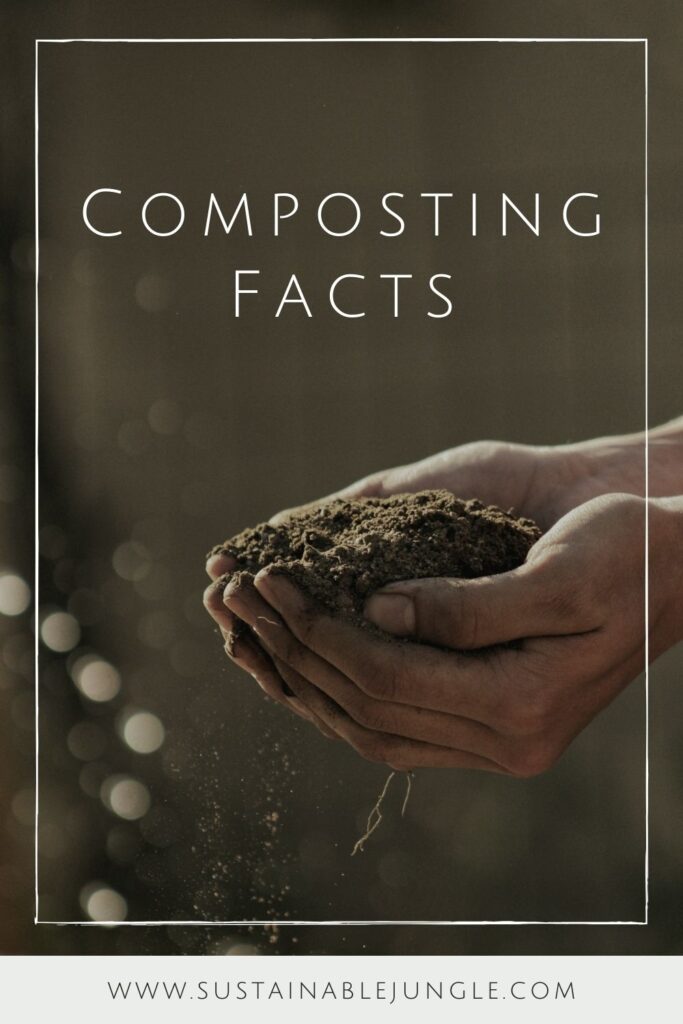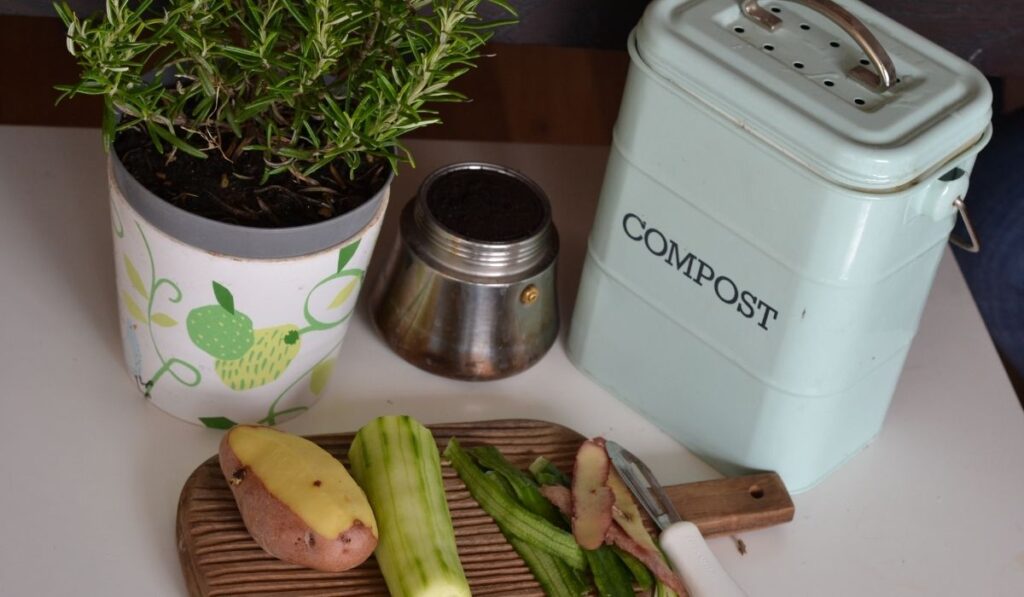
13 Composting Facts for (Compost) Heaps of Fun
Need a little composting inspo?
Lucky for you we’ve (de)composed this list of 13 interesting composting facts that will put you in the mood for composting food—among other things!
Yeah, yeah, we get it. You already know all about the cycle of life.
Maybe you’re already a pro at apartment composting or feel well-versed about the difference between biodegradable and compostable.
No matter how familiar you are with rotting food and garden waste, this list of compost facts is sure to add some much needed oxygen to your system, and allow you to further understand the true extent of the benefits of composting.
Ready to get your hands dirty and give your garden some TLC? Here are 13 fun facts about composting.
1. HUMANS AREN’T THE ONLY ONES WHO LIKE COMPOSTING
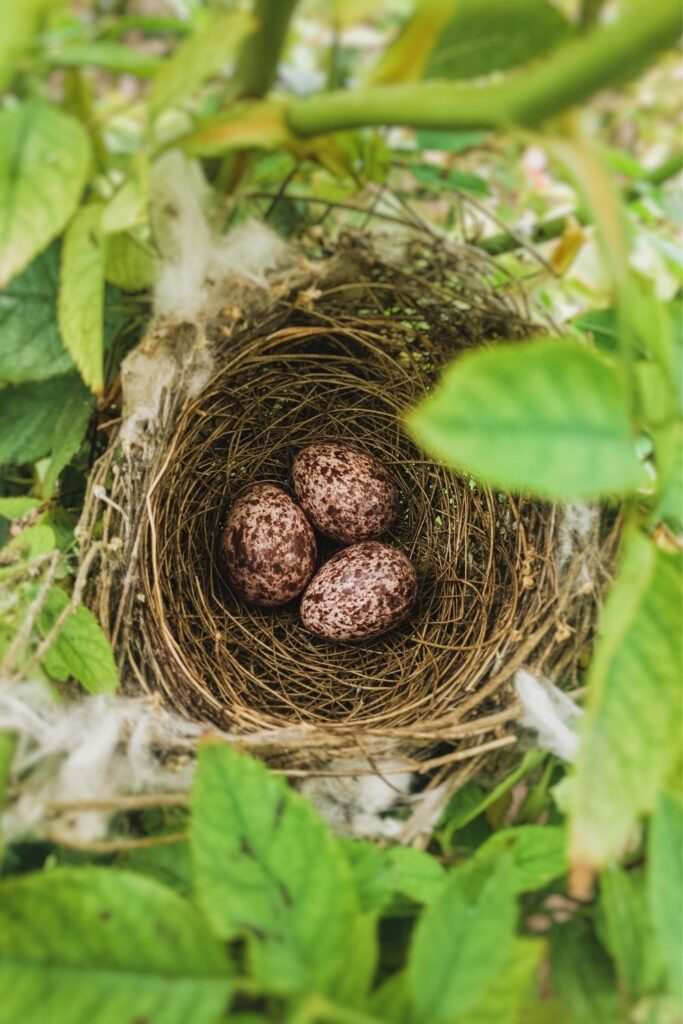
In addition to recycling food and garden waste into something useful for the soil, the composting process produces heat, something required to break down organic materials.
Some smart South Australian birds—the Brush Turkey (Alectura lathami)—are aware of this and use it to their advantage.
They construct mounds of decomposing plant matter and utilize the heat produced by the microbial decay process (about 33°C, or 92°F) to incubate their eggs!
This large composting nest is capable of producing 20 times more heat than sitting on the eggs, and Brush Turkeys are able to incubate more eggs as a result.
That’s some darn good Darwinian learning in action.
You’d know it if you’d stumble upon one of these mounds on Kangaroo Island as they can weigh up to 6,800 kg (14,991 lbs).
2. COMPOSTING HAS BEEN AROUND MUCH LONGER THAN YOU THINK
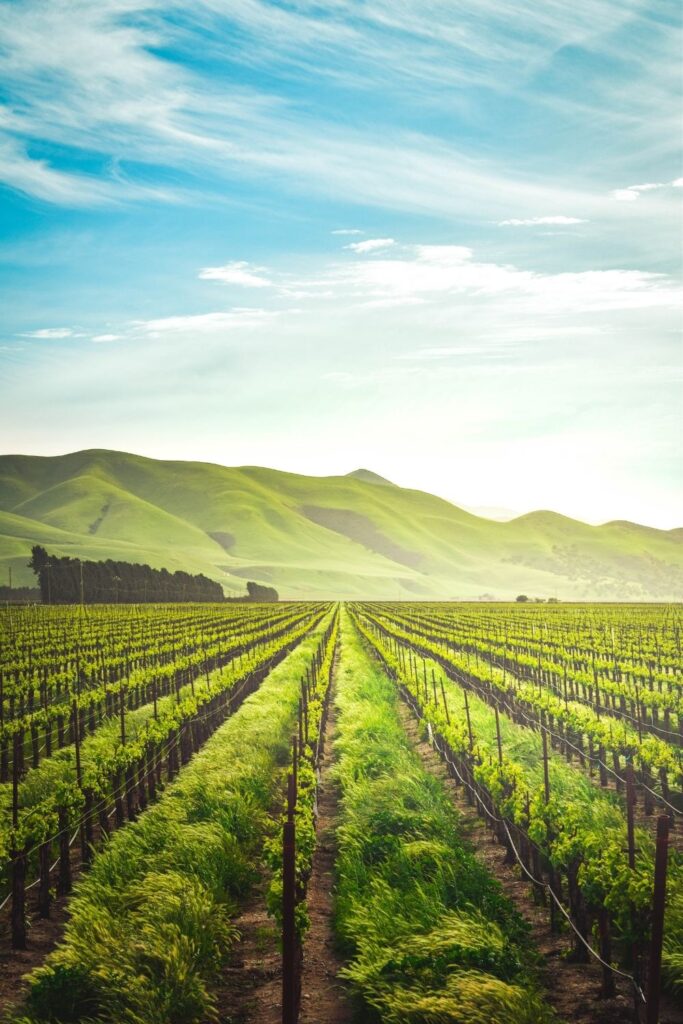
Creating rich soils with compost has a very rich history. Archaeological evidence of improving soil with decomposed organic matter dates back to the ancient Scots, in about 5,000 BC.
Written records from ancient Hindu and Chinese civilizations also reference using organic matter and manure to enrich their soils. The practice was also used by Indigenous populations in the Americas.
Across the globe, individual methods depended on climate and soil properties, but the composting basics were the same.
3. CONSIDER COMPOSTING WHEN YOU’RE PREPARING YOUR WILL

In 2021, the state of Oregon made it legal for someone to compost their body once they die.
Because it apparently isn’t by default?
They follow two other states—Washington and Colorado—in legalizing greener funerals.
As the first to do it, Seattle-based Recompose uses oxygen, microbes, and plant matter to gently return human remains to the soil, in either a non-profit land trust in Washington or a greenhouse that produces plants.
4. IT’S GETTING HOT IN HERE (VERY QUICKLY)
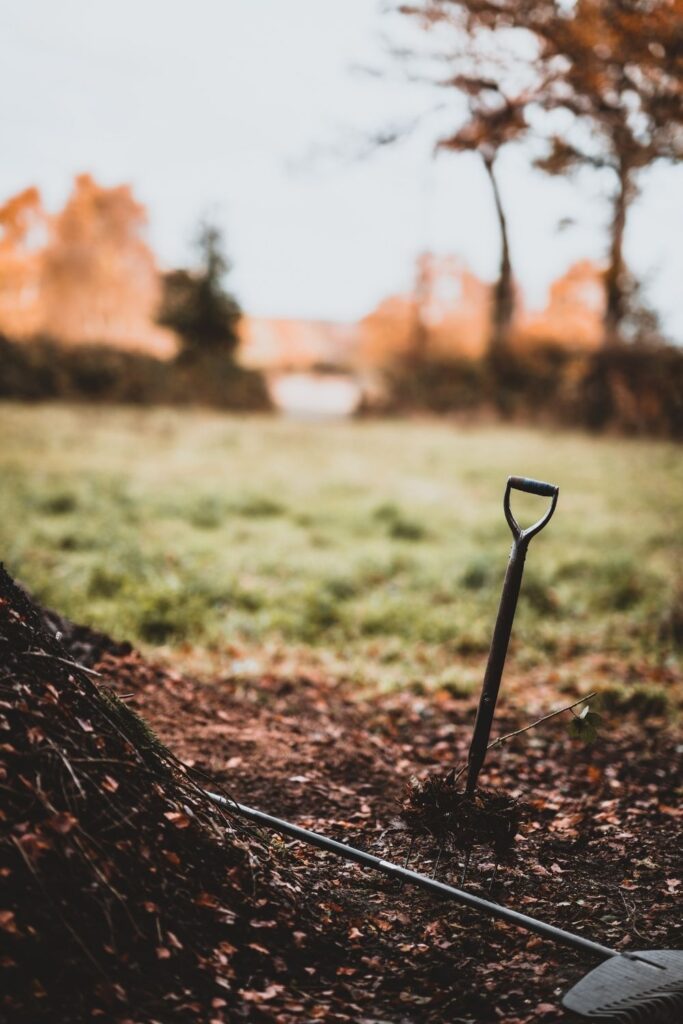
Think composting is always a months-long process?
Think again.
One of the most ironically cool composting facts is that systems can get hot—and they can do so quickly.
While it’s dependent on many factors (weather, plant matter, microbial activity, etc.), a hot compost pile can reach an astonishing 49-77°C, or 120-170°F in just a few days.
At these temperatures, you could break down organic matter completely in only four weeks.
5. COMPOST HEAT = A COOKED MEAL OR HOT BATH

What’s the use in producing that much heat if you can’t even benefit from it?
This brings us to one of the most interesting facts about composting: that heat can be used to provide some of our modern luxuries.
Compost heaps have been used by high-end restaurants to cook food, a practice anyone can do with a little patience and a heap that’s hot enough.
After enjoying foil-wrapped branzino, radicchio, minced red peppers, and jasmine rice cooked in a compost heap for about four hours, you can even relax in a hot tub heated by decomposing plant matter.
6. COMPOSTING CAN EVEN HEAT A GREENHOUSE OR HOUSE
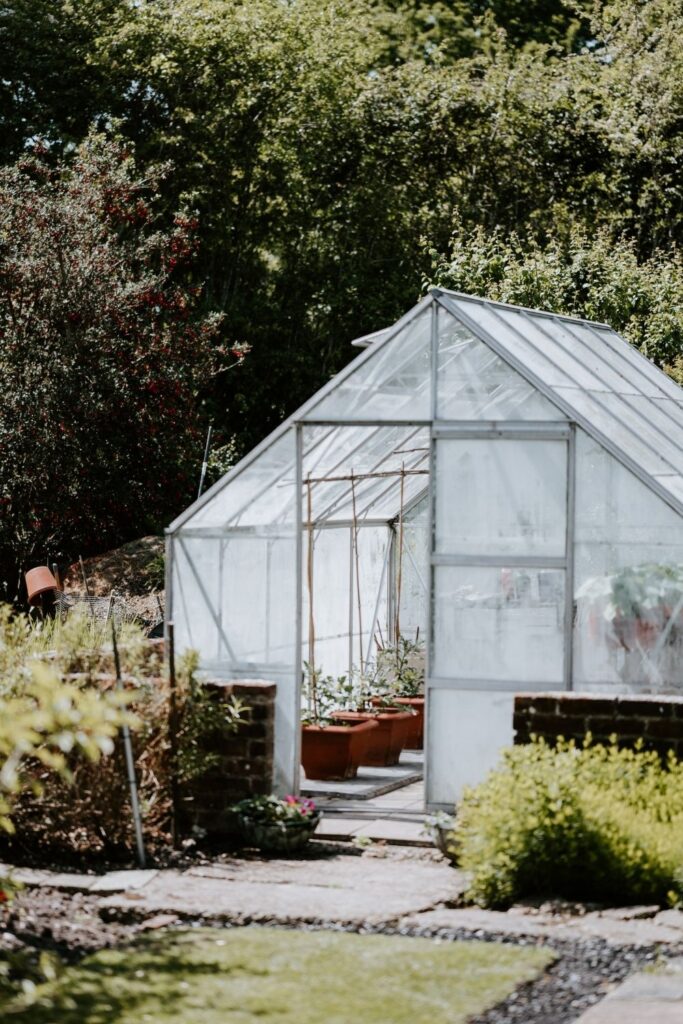
Originating from French manure “hotbeds,” people have been using compost as a heat source for greenhouses for over 2,000 years.
Through either strategic bin placement or trench composting (burying scraps directly in soil) between row plantings, you can cut down the hefty costs associated with heating a greenhouse.
If you want to warm up people, not plants, compost can also be used in the same way to create heated floors or a methane fuel source.
7. COMPOST CAN ALSO GET TOO HOT

While extremely rare, compost heaps can reach dangerously high temperatures that may cause spontaneous combustion.
In 2018, a commercial composting facility in Albuquerque, New Mexico spontaneously combusted, leading to a large fire.
To mitigate this rare risk, keep the pile uniform in shape and moisture, turn it regularly, monitor the temperature daily, and avoid methane-producing anaerobic (oxygenless) conditions.
8. COMPOSTING REMOVES MILLIONS OF CARS FROM THE ROAD

Composting doesn’t literally remove Hondas and Toyotas from freeways, but it has a similar impact.
If everyone in the US were to compost just their food waste, it would be like taking 7.8 million cars off the road. Having said that if you’re buying compost, opt for peat-free compost.
9. DRUNK COMPOSTING, ANYONE?

Tons of things actually. Beer included!
One of our favorite cool facts about composting has to do with the term “drunken composting.”
Plan yourself a composting party and use any leftover beer to speed up the decay process.
Combined with ammonia and sugar, it can turn the decomposition time from several months to a couple of weeks.
10. STOP CHASING AWAY COCKROACHES
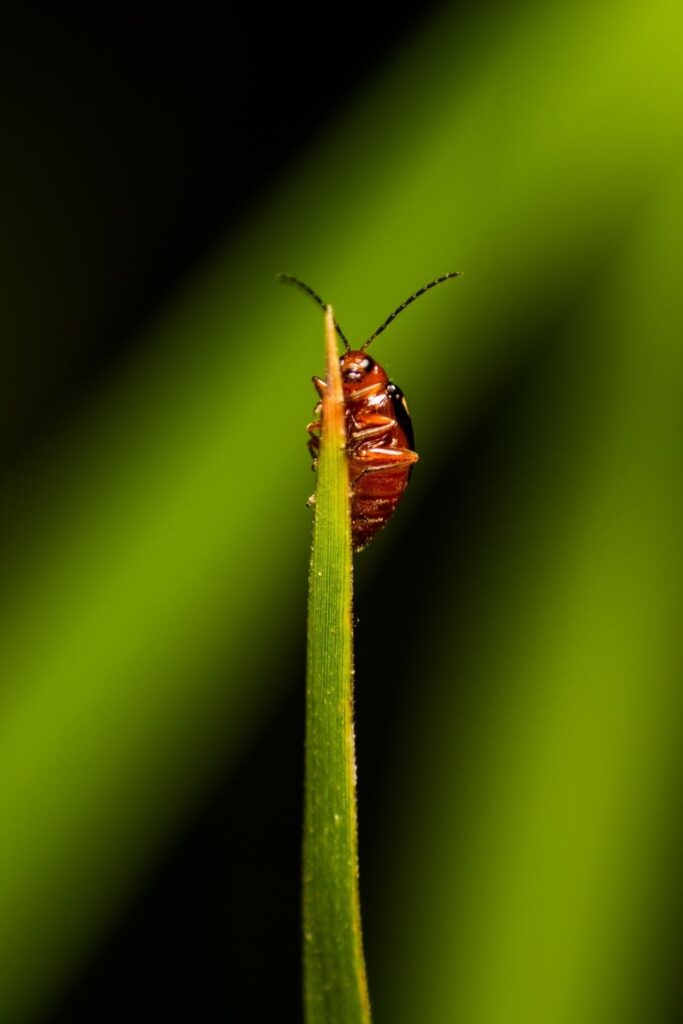
When people think about what’s not compostable, they may choose to leave out pesky pests like cockroaches, but these critters actually do more good than harm.
Known as “blatticomposting,” this technique makes use of cockroaches to convert food waste into compost.
While seeing something scurry across your kitchen floor is undoubtedly unnerving, there are more than 4,000 species of cockroaches—most of which don’t have such a bad reputation.
The majority of the species feed on fruit, leaf litter, and other organic materials.
While it’s still a relatively new practice, some are taking advantage of these common pests to assist their compost systems.
Stay tuned for more about these pests-turned-problem-solvers as the roach rotting movement continues to grow.
11. WORMS ARE COMPOST WARRIORS
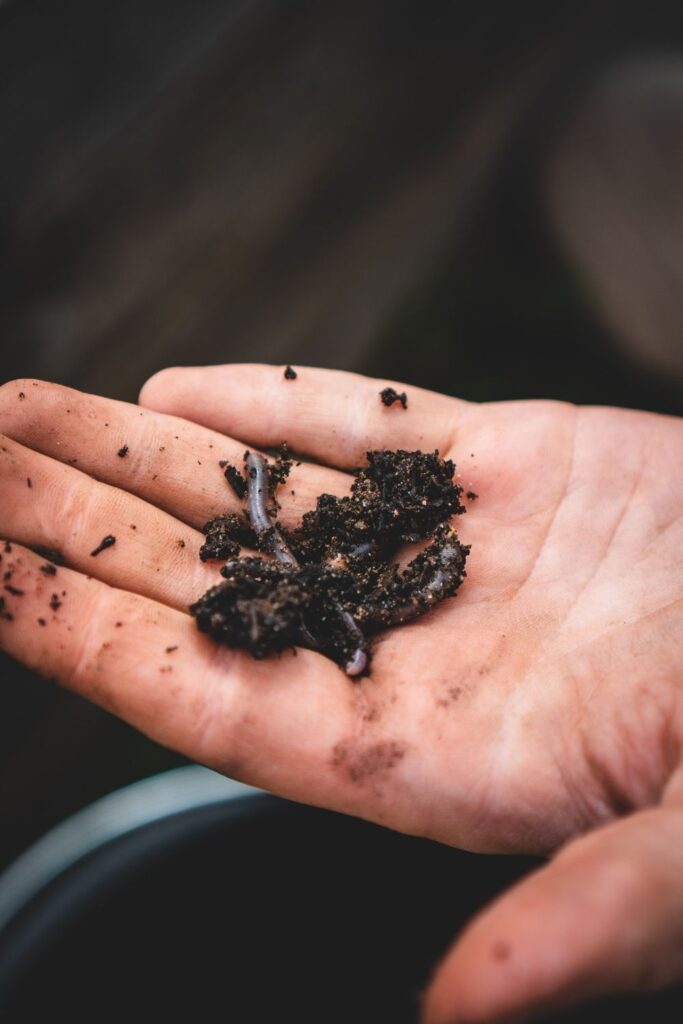
There’s another living legend in the world of compost: worms.
While carbon, nitrogen, air, water, heat, and microbes will work together to support the decomposition process, worms put this process in hyper-drive by chowing down on food scraps—and by the way, the list of things that can be classified as worm food is extensive.
Their eating habits not only help to diminish the size of a compost heap but what comes out the other end is even more beneficial. The digestive process produces worm castings (AKA worm poop), which can be “steeped” to make worm tea.
This highly concentrated natural fertilizer is rich in essential plant nutrients nitrogen, phosphorus, and potassium that leaves soil 5-11% richer.
In turn, it contributes to greater crop yields and ~50% higher plant growth rates.
Getting your hands dirty with the world of vermicomposting also makes for one of the best composting facts for kids for those looking to dive deeper into sustainability for kids.
12. COMPOSTING TO GET RID OF CONTAMINANTS
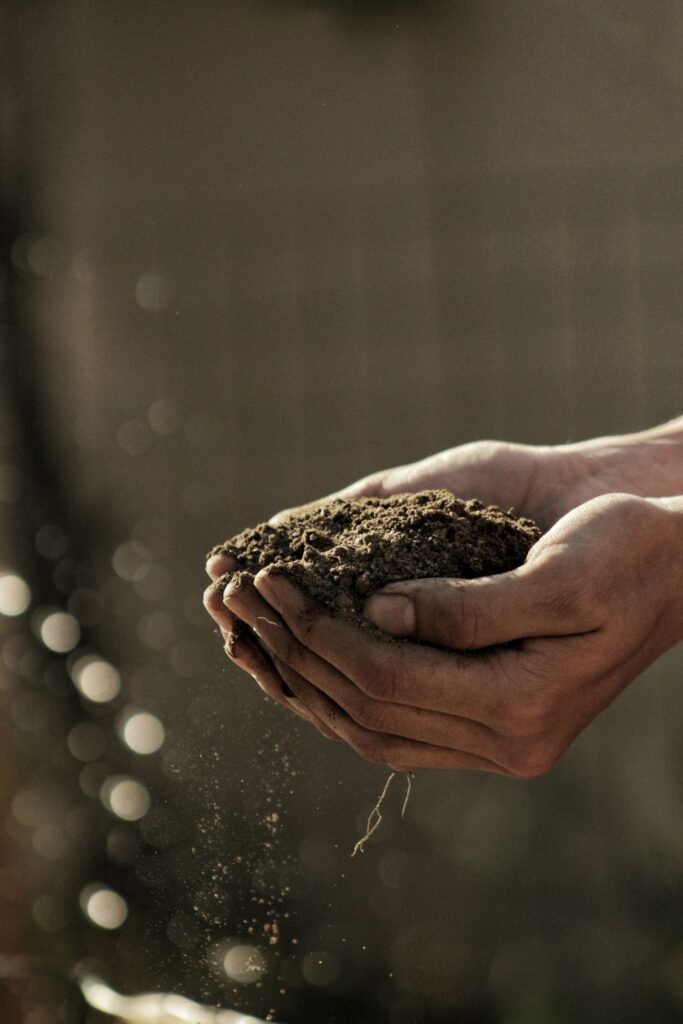
Scientifically referred to as “compost bioremediation,” the microorganisms in mature compost can help to break down contaminants in soil or water.
Picture this: hungry compost microorganisms ingest contaminants in the air, surface water, groundwater, and soil. They’re digested, metabolized, and voila!
Toxins have turned into just humus, carbon dioxide, water, and salts.
This has been shown to work with many nasty environmental toxins, like heavy metals, chlorinated and non-chlorinated hydrocarbons, volatile organic compounds (VOCs), pesticides, solvents, petroleum products, and even explosives.
13. WE CAN DROUGHT-PROOF WITH COMPOST
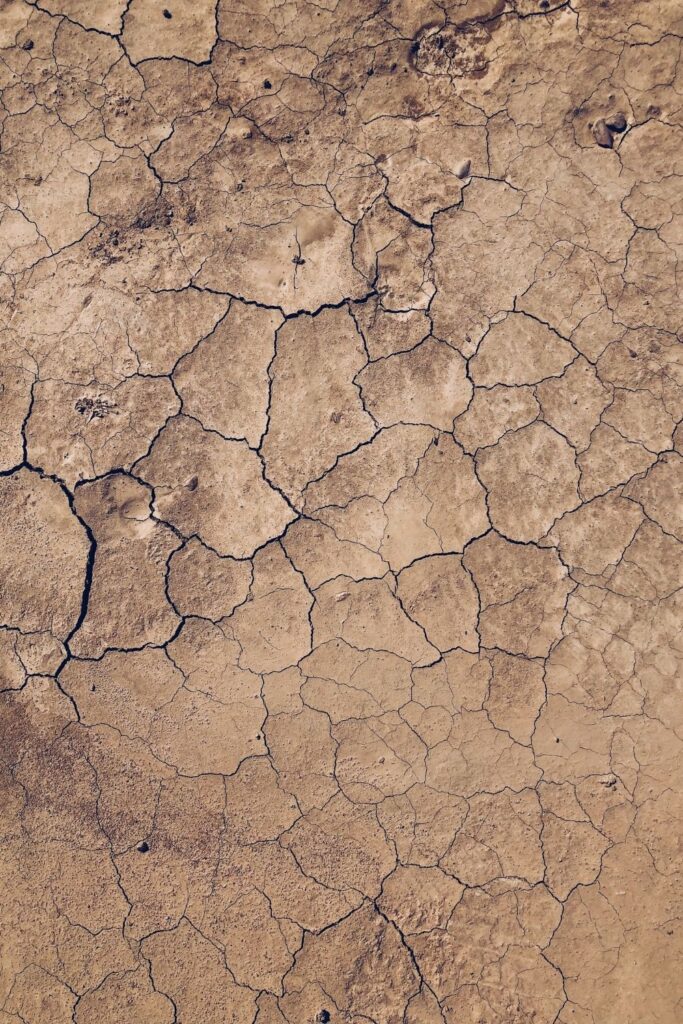
Last but not least, get ready for one of the most important facts about composting in this day and age.
It’s now a well-accepted fact that many places on Earth will become drier as the climate changes. Fortunately, compost is an exceptional moisture-holder.
Studies have shown that adding compost to soil can increase its water holding capacity, supporting it during periods of drought by reducing water stress.
For example, most vegetables require an inch of water every week but with compost-amended soils, they can go two weeks without water.
FINAL THOUGHTS ON COMPOSTING FACTS
As these composting facts show, this topic is way more than just decomposed apple cores, potato peels and compostable clothes.
Composting has the potential to remediate some of the world’s biggest environmental issues while producing a useful product and heat source all at the same time.
All waste-reduction and soil health benefits aside, it’s actually a pretty fun(ny) process!
If someone you know hasn’t yet hopped aboard the compost train, share these compost facts along with a list of the best indoor compost bins so they can join the rotting revolution.
